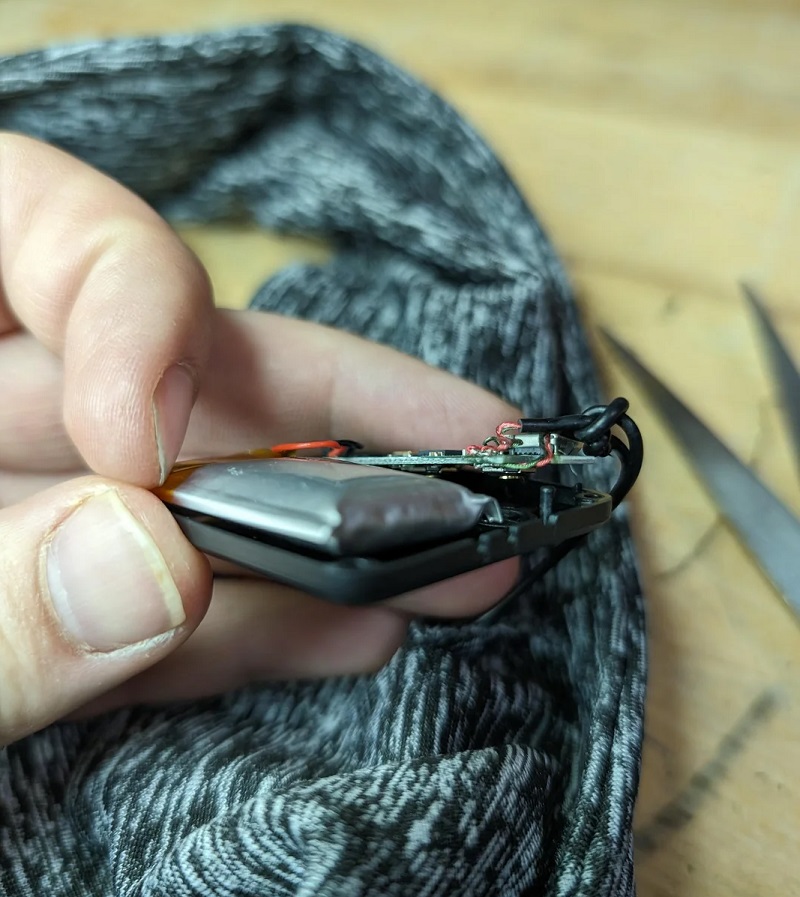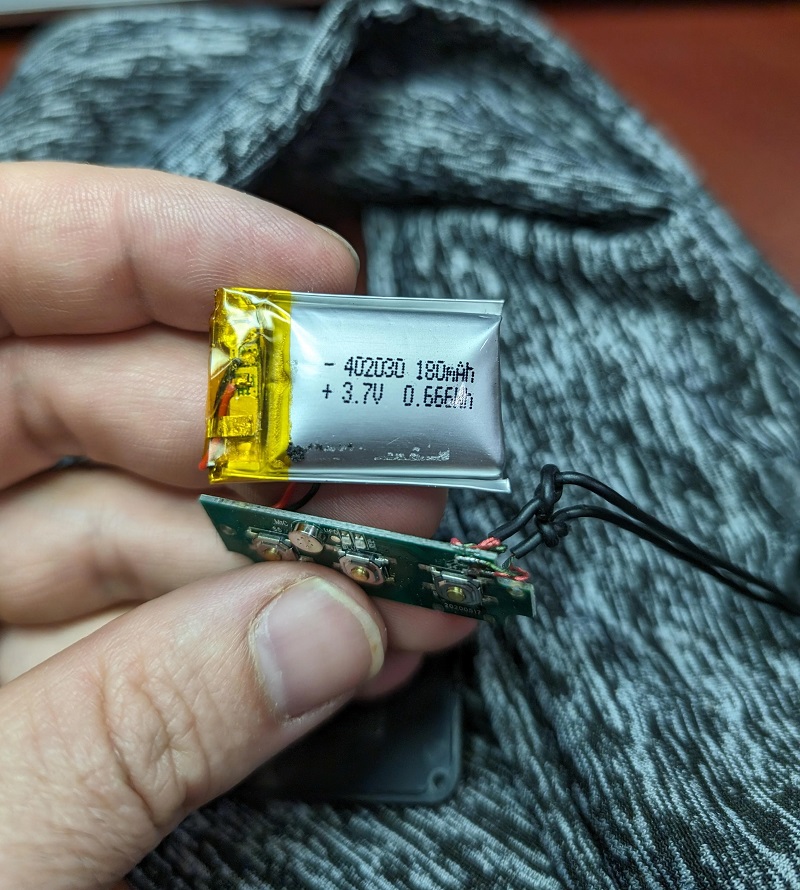A Reddit user's recent experience with a swollen battery in their sleep mask has sparked a conversation about electronic waste and the environmental impact of disposable consumer electronics.
The Reddit post, which quickly gained traction in the r/MildlyInfuriating community, sheds light on a growing problem that affects both our wallets and our planet.


What happened?
A Reddit user shared a photo of their BT sleep mask with a visibly swollen lithium-ion battery, referred to colloquially as a "spicy pillow" because of its inflated appearance.
The user expressed frustration, stating: "Looked up replacement batteries online only to find out they're the same price as a replacement sleep mask. Planned obsolescence at work."
This incident highlights a common issue in consumer electronics: When repair costs match or exceed the price of a new product, many people opt for replacement rather than repair. This cycle contributes to the growing problem of electronic waste, or e-waste.
Why is e-waste concerning?
The environmental implications of disposable electronics are significant. E-waste is one of the fastest-growing waste streams globally, with millions of tons discarded annually. When electronics end up in landfills, they can release harmful chemicals and heavy metals into our soil and water, contributing to pollution and potential health hazards.
Moreover, the production of new electronics requires the extraction of raw materials and energy-intensive manufacturing processes. This not only depletes natural resources but also contributes to heat-trapping gases, exacerbating our planet's overheating.
The concept of "planned obsolescence" — designing products with a limited life span to encourage repeat purchases — further compounds these issues. It leads to increased consumption and waste, putting unnecessary strain on our planet's resources.
Is the manufacturer doing anything about this?
While we don't have specific information about BT's initiatives regarding this particular sleep mask, many electronics manufacturers are beginning to recognize the importance of sustainability in their product designs.
Some companies are adopting more environmentally friendly practices, such as using recycled materials, improving product longevity, and offering repair services. However, there's still significant room for improvement across the industry.
What's being done about e-waste more broadly?
Fortunately, there are growing efforts to address the e-waste problem and promote more sustainable electronics consumption.
Many countries and localities are implementing e-waste recycling programs and regulations to ensure proper disposal and recovery of valuable materials. Some manufacturers are adopting "right to repair" policies, making it easier for consumers to fix their devices rather than replace them.
As consumers, we can make a difference, too. Consider repairing electronics when possible, choosing products designed for longevity, and properly recycling e-waste. When shopping, look for companies that offer take-back programs or use sustainable materials in their products.
By being mindful of our electronics consumption and disposal habits, we can help reduce e-waste, conserve resources, and protect our environment. Remember, every small action helps build a more sustainable future — one that's better for both our wallets and our planet.
Join our free newsletter for good news and useful tips, and don't miss this cool list of easy ways to help yourself while helping the planet.









